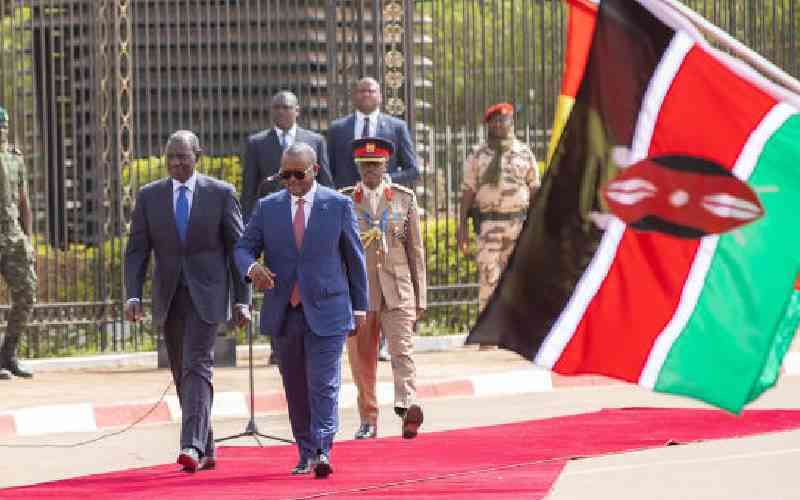×
The Standard e-Paper
Join Thousands Daily

Looking at his political chessboard and how he has been playing the all-telling game, keen political observers may have noted that President William Samoei Ruto could perhaps be an emerging political enigma of Kenya's politics.
In less than two years of his first term in office, Kenya's 5th President has managed to amass what could be seen as an expansion of his reach and control with little or no obstructions in the way he wants things done.







